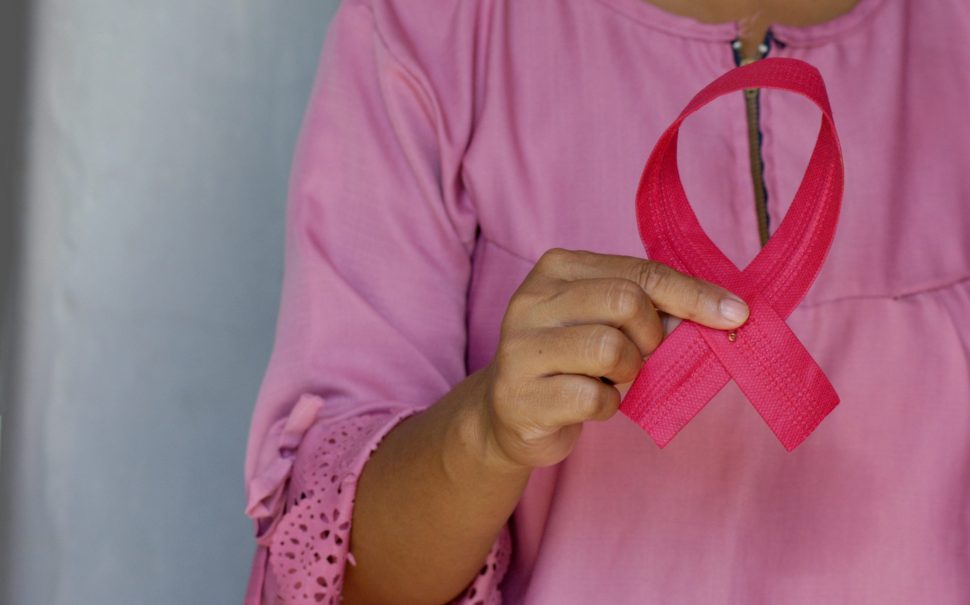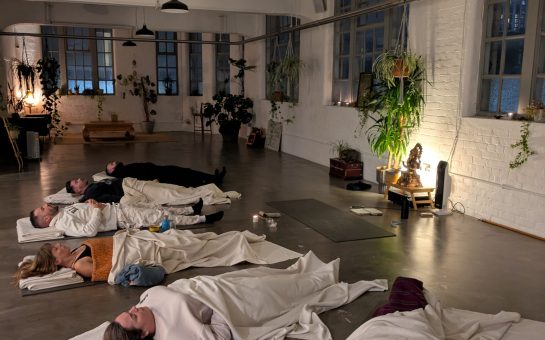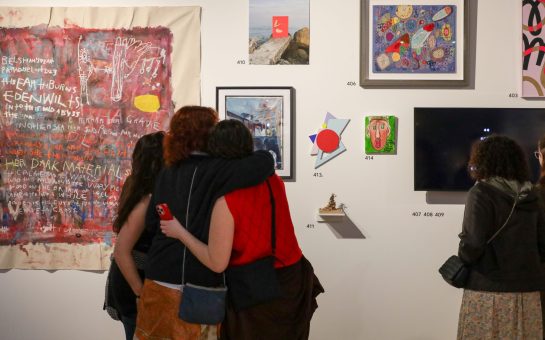Despite more women accepting breast cancer screening invitations in Greater Manchester, coverage across boroughs remains low with significant inequalities, according to new NHS data.
Breast cancer screening invitation uptake in the North West reached pre-pandemic levels of 70% in 2024, but many Greater Manchester boroughs remain well below this target.
The data recorded the number of women aged 50 to 71 who accepted their invitation to attend routine breast cancer screening provided by the NHS from 2023 to 2024.
Breast Cancer Now chief executive Claire Rowney said: “While this is such a welcome success after years of declining attendance, with uptake still varying across regions and communities, it is vital we now build on this progress to save more lives from breast cancer through screening.”
One in seven women in the UK will develop breast cancer, according to Breast Cancer Now, and 80% of cases occur in women over the age of 50. Breast cancer is the fourth most common cause of cancer death in the UK.
Across Greater Manchester, screening coverage increased by an average of 10% between 2023 and 2024. Salford topped this list, rising by 24%, followed by Manchester and Trafford.
Although these boroughs made huge strides in increasing coverage, attendance remained low, at 57% in Manchester and 64% in Salford.
Comparatively, 74% of eligible women in Wigan attended breast cancer screenings, and Bury and Stockport followed behind at 73%. This is well above Greater Manchester’s combined coverage of 68%.
But even in Wigan, the borough with the highest uptake, one in four women did not attend screenings.
NHS Greater Manchester chief officer for commissioning Katherine Sheerin said: “It is unfortunate that too many women across Greater Manchester (GM) are missing their breast screening appointments, with uptake in Manchester below the national average, an issue we are working hard to resolve.
“We know there are barriers making it harder for some women to attend breast screening, from practical problems to understandable worries.
“This includes difficulties booking or changing appointments, limited awareness of how the breast screening programme works and anxiety (often stemming from previous negative experiences).
“These issues are particularly pronounced in areas of higher deprivation, with some cultural barriers for certain communities who live in Manchester, as opposed to those living within other areas within Greater Manchester.”
Experts say women from ethnic minority backgrounds may feel uncomfortable about going for mammograms, or language barriers may prevent some women from attending.
Ms Rowney echoed this, pointing to “cultural and informational barriers, with myths and misconceptions about screening and cancer, impacting attendance.”
Other barriers include “difficulties getting screened at a time and location which works for them”, said Ms Rowney.
Despite once regularly accepting invitations, Helen Jungmayr now no longer attends her routine breast cancer screenings.
“My sister, Patricia, died from breast cancer last year, and I saw how she suffered from the treatment”, said the 65-year-old. “It controls your life. I decided I would just accept the consequences.”
Alongside the grief of watching her sister suffer, Helen said anxiety from the screening process and long NHS waiting times deterred her from attending checkups in Rochdale.
Helen self-examines for breast cancer instead, only choosing to screen for bowel cancer as the test is conveniently posted in a tube to her house rather than causing her to be displayed as a “slab of meat” in the screening centre.
Cancer Research UK health information manager Maxine Lenza proposed “embarrassment or fear of pain during the test” as a reason women may not attend their routine appointments.
“Breast cancer screening is uncomfortable, not agony but definitely uncomfortable”, remarked Salford-based Judith McMahon, who is routinely screened in Bolton.
Despite the discomfort, the 66-year-old said: “We are very fortunate to be tested.
“The screening is preventative, and it would be foolish not to be involved.
“Ultimately, if you want to have a happy and healthy life, even if you get called back and it’s the most frightening thing in the world, then it’s the difference between life and death.
“If it gets discovered early and treated early, then your survival rate is so much better.”
Judith’s sister-in-law, Joanne McMahon, agreed. The 50-year-old’s family history of cancer made her more inclined to attend all her screening invitations in Bolton.
“Having seen people suffer, it’s not something I would elect to go through”, said Joanne, who was offered screening by her work from the age of 40.
“The fear of whether they’re going to find something wouldn’t put me off.
“It would reassure me that I’m on the ball, I’m on the front foot, and something’s been found before I felt anything.”
Prevent Breast Cancer consultant breast radiologist and trustee Dr Mary Wilson said: “Mammograms look for cancers in breast tissue and can detect lumps in their earliest stages – often before they can be felt through self-examination.
“This early detection can make all the difference to your treatment options and your chance of a full recovery.”
But how can Greater Manchester increase the number of women involved in preventative screening?
Jane Evans regularly attends screenings in Bolton and recommended that breast cancer be brought into the national curriculum. “This could educate young girls about screening”, instead of silencing it as a taboo topic, said the 61-year-old.
Ms Rowney recommended implementing “more convenient, flexible routes into breast cancer screening, such as online booking and last-minute appointments”, to encourage invitation uptake.
There will be a new NHS invite app “to make managing breast screening appointments simpler and more convenient”, she said.
Dr Wilson added: “We have a health inequalities team which works directly with women and community groups who are less likely to engage with the breast screening programme, and we fund research into how the NHS can better engage with these groups in the future.”
And Ms Sheerin agreed, saying the Greater Manchester ICB addresses language barriers and supports community groups campaigning against health inequalities.
The Greater Manchester Integrated Care Board (ICB) also plans to screen women in more widespread locations and move to a ‘Next Test Due Date’ model for GP practices to promote consistent screening, said Ms Sheerin.
“We are very keen to hear from local women about what changes could be made to support them to attend appointments”, she said.
Women who would like to share their experiences should email [email protected].
Feature image: Angiola Harry on Unsplash




